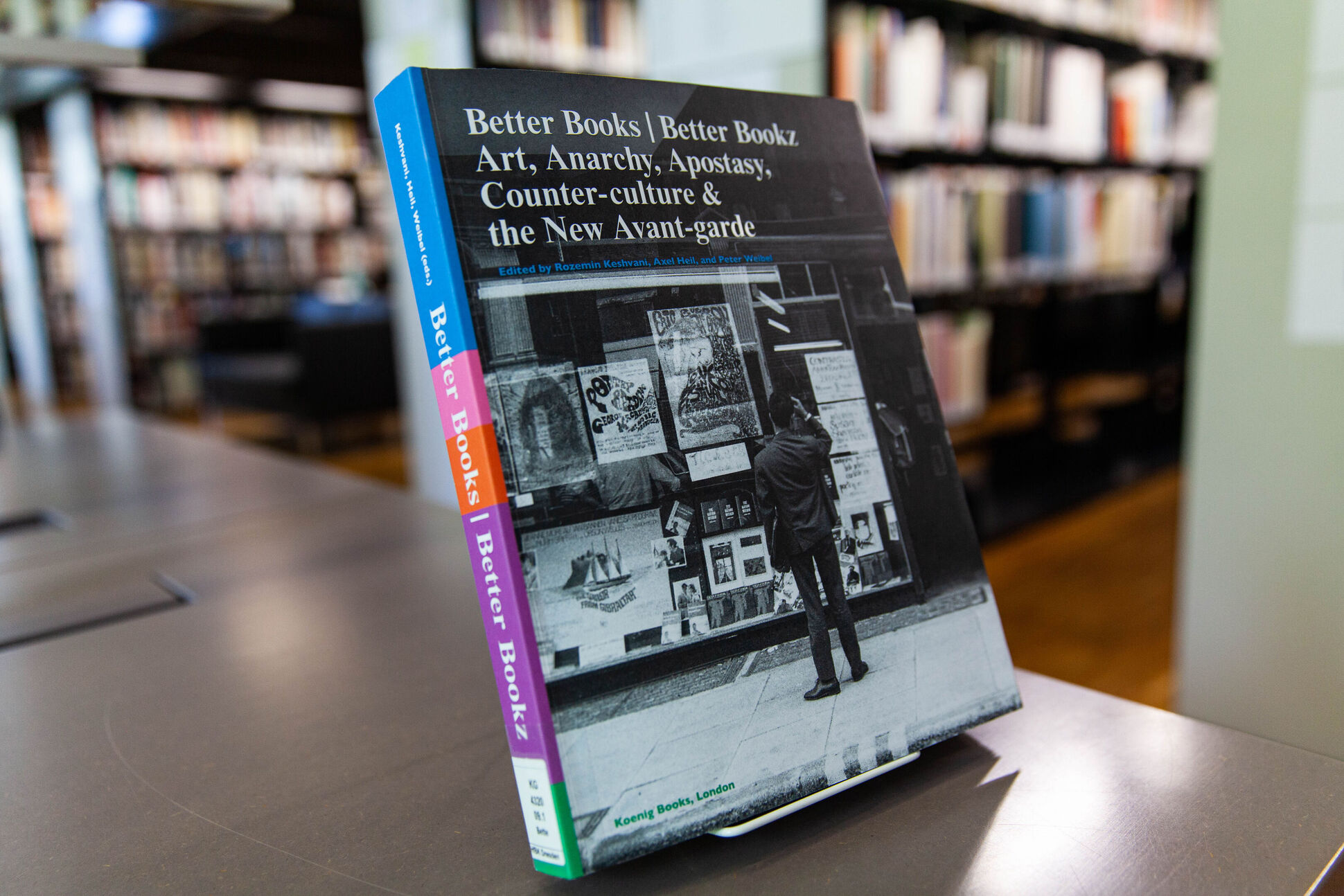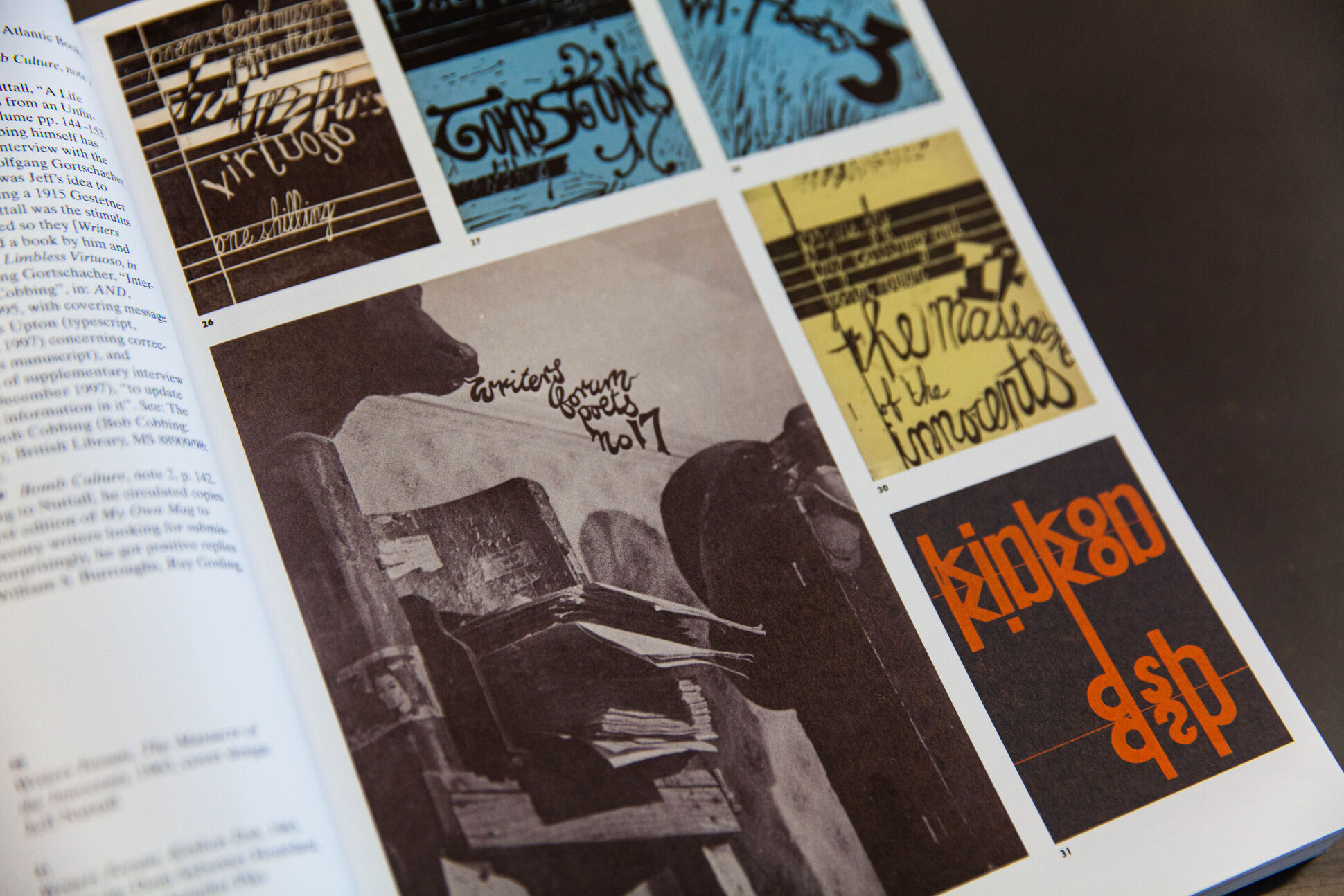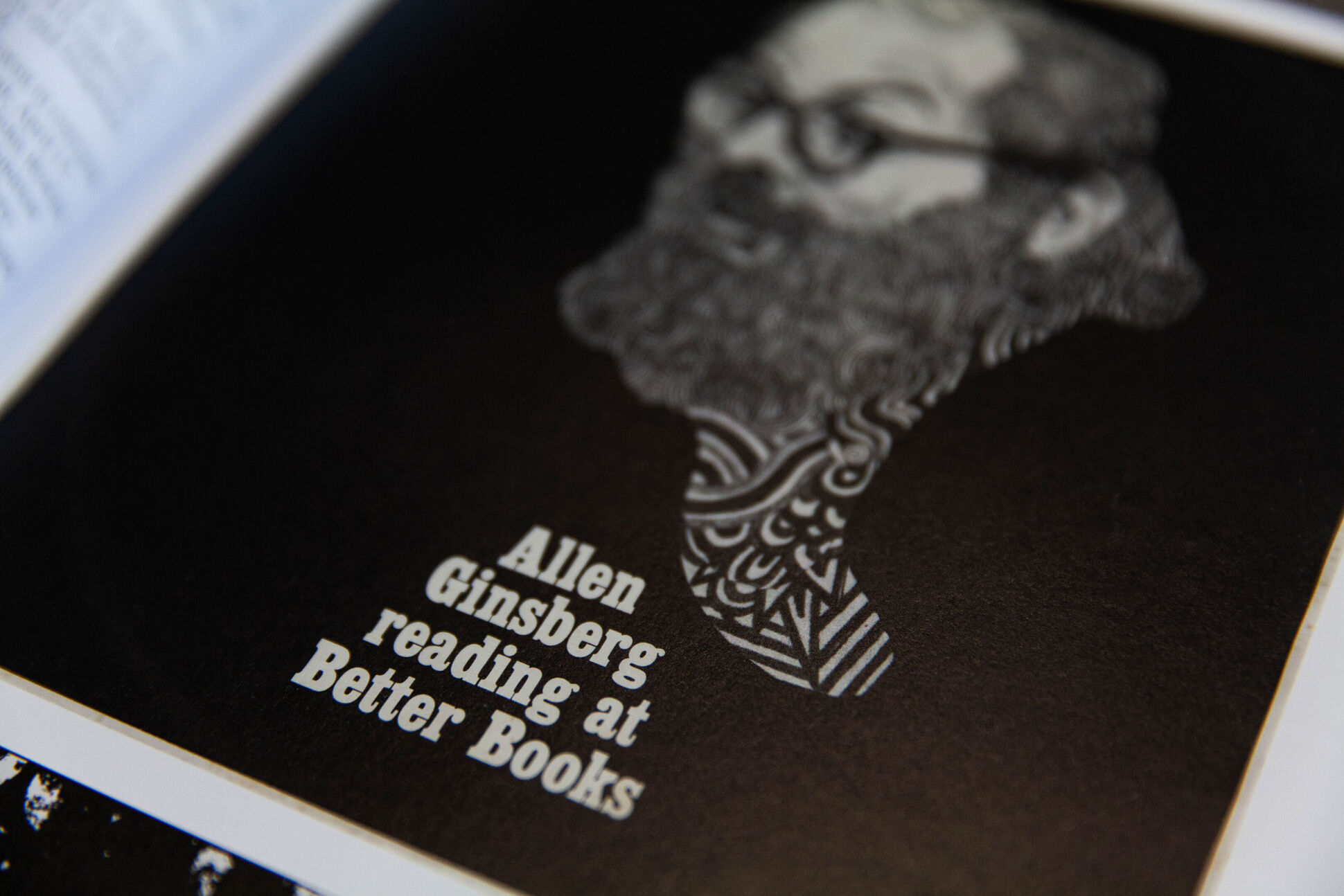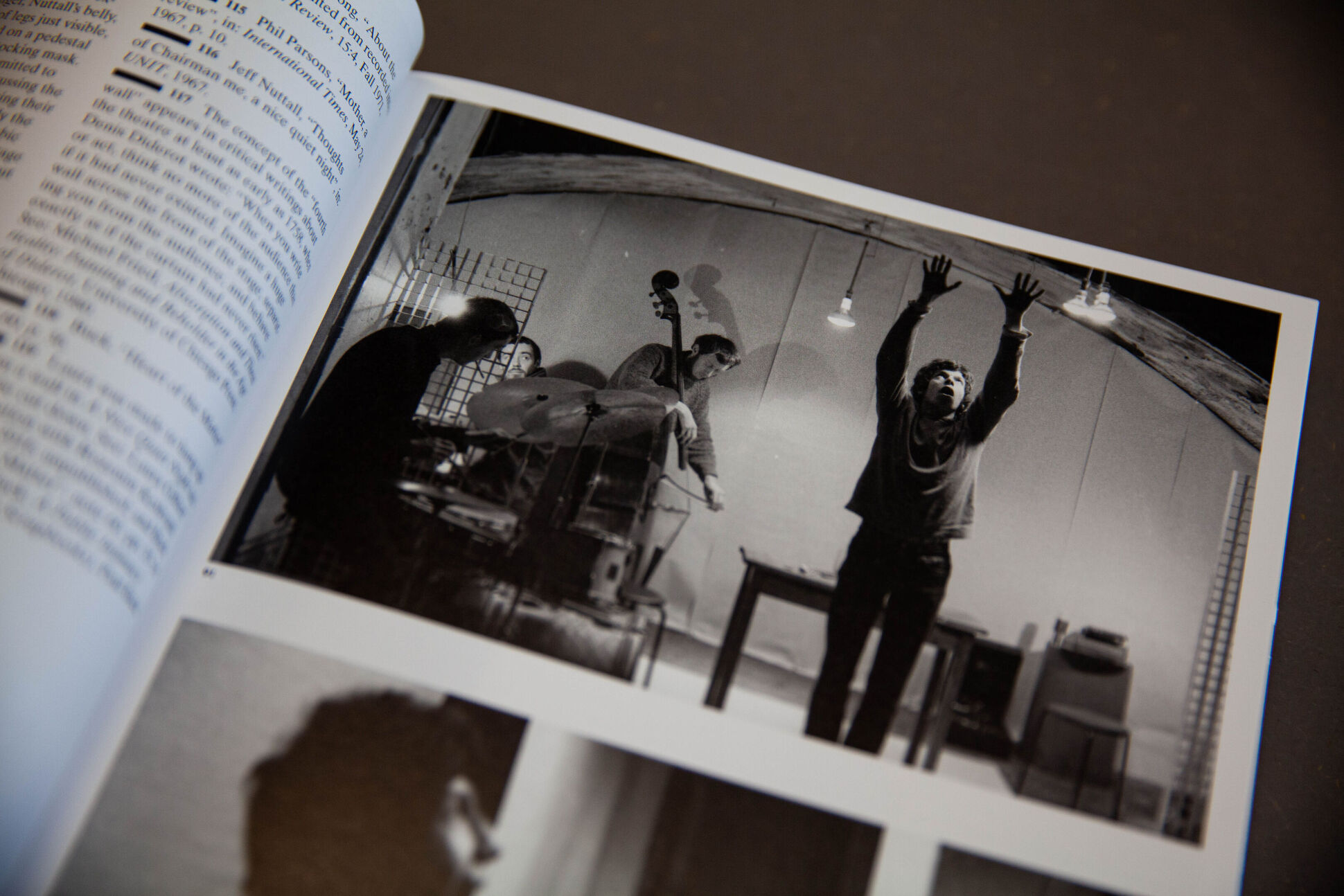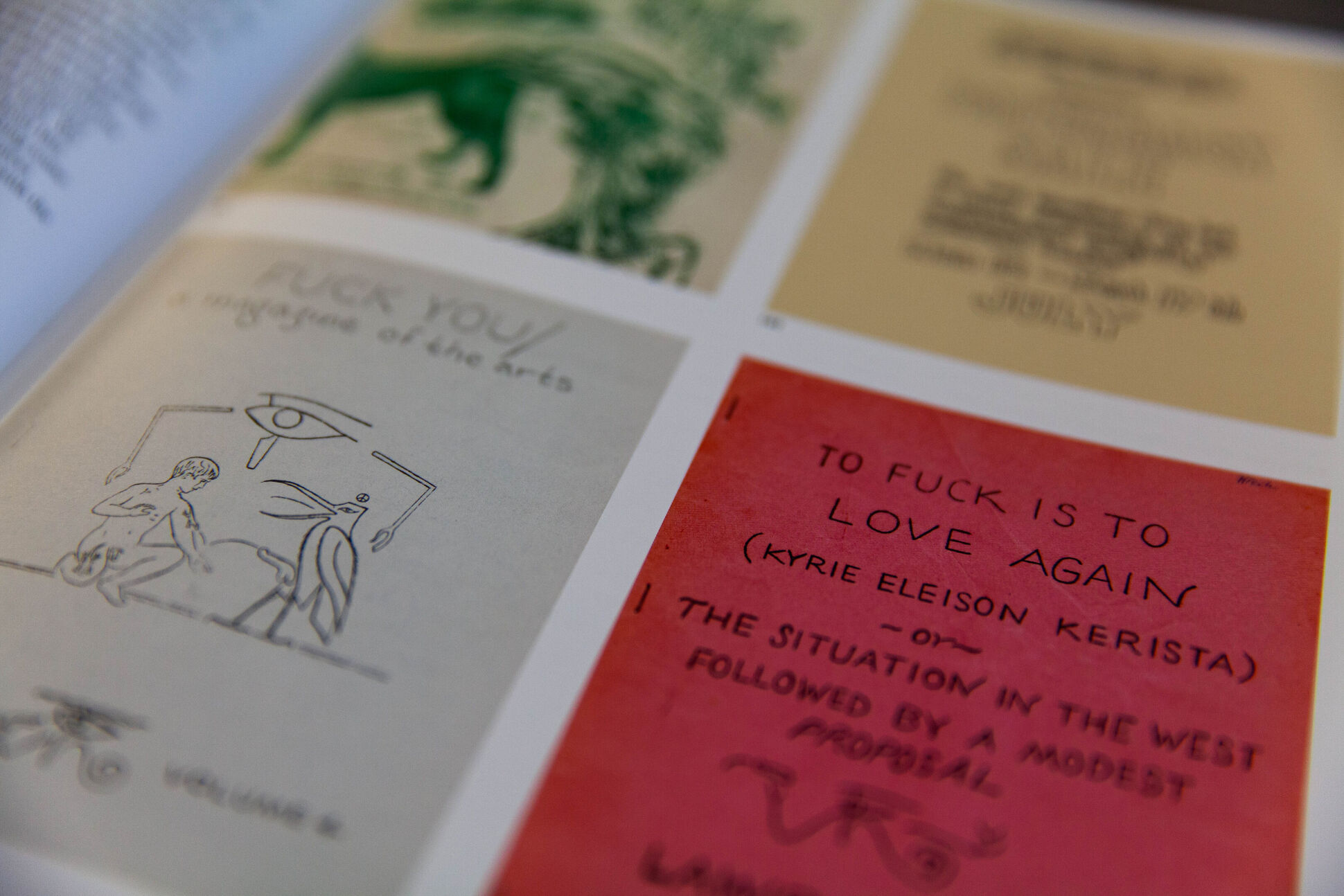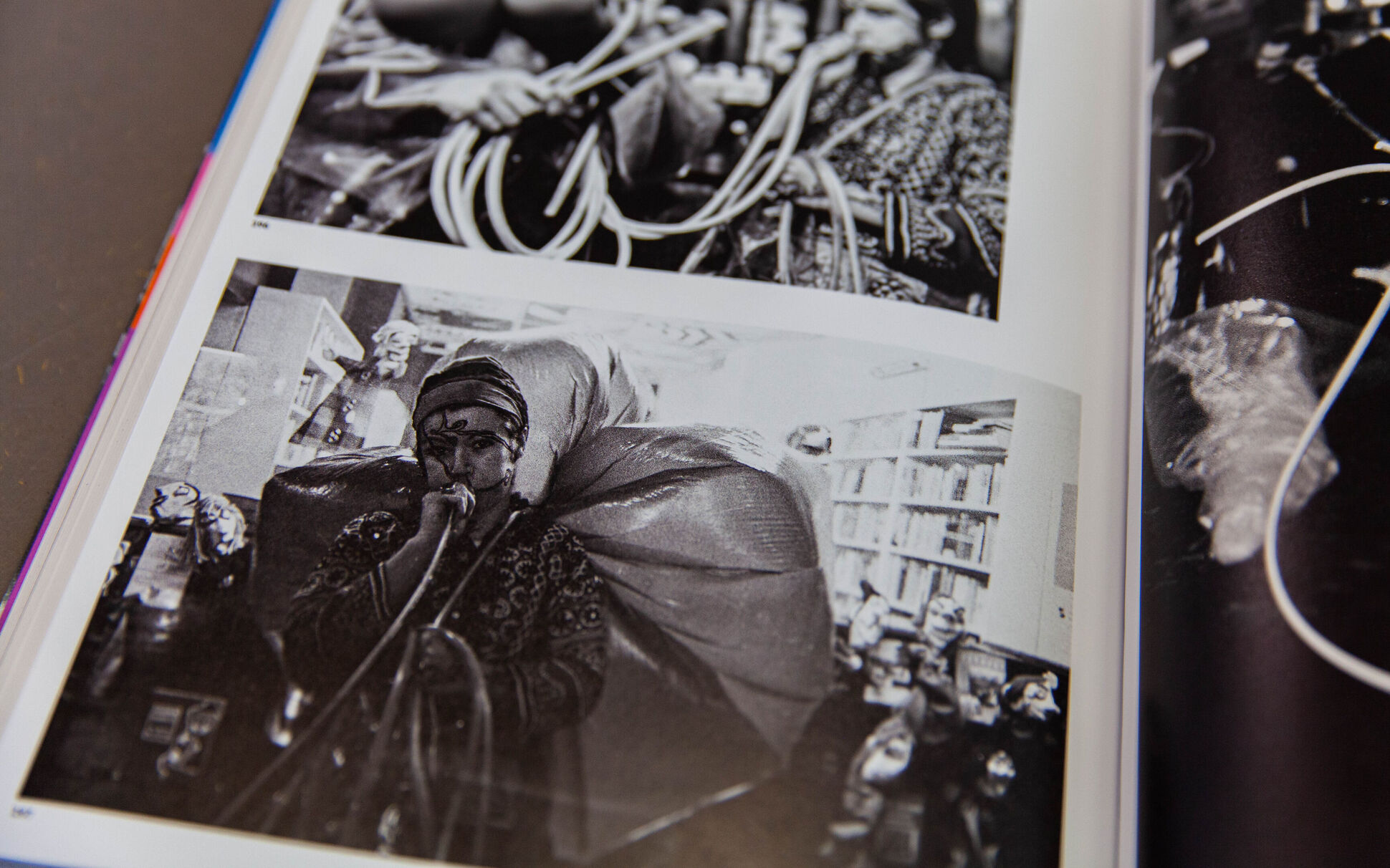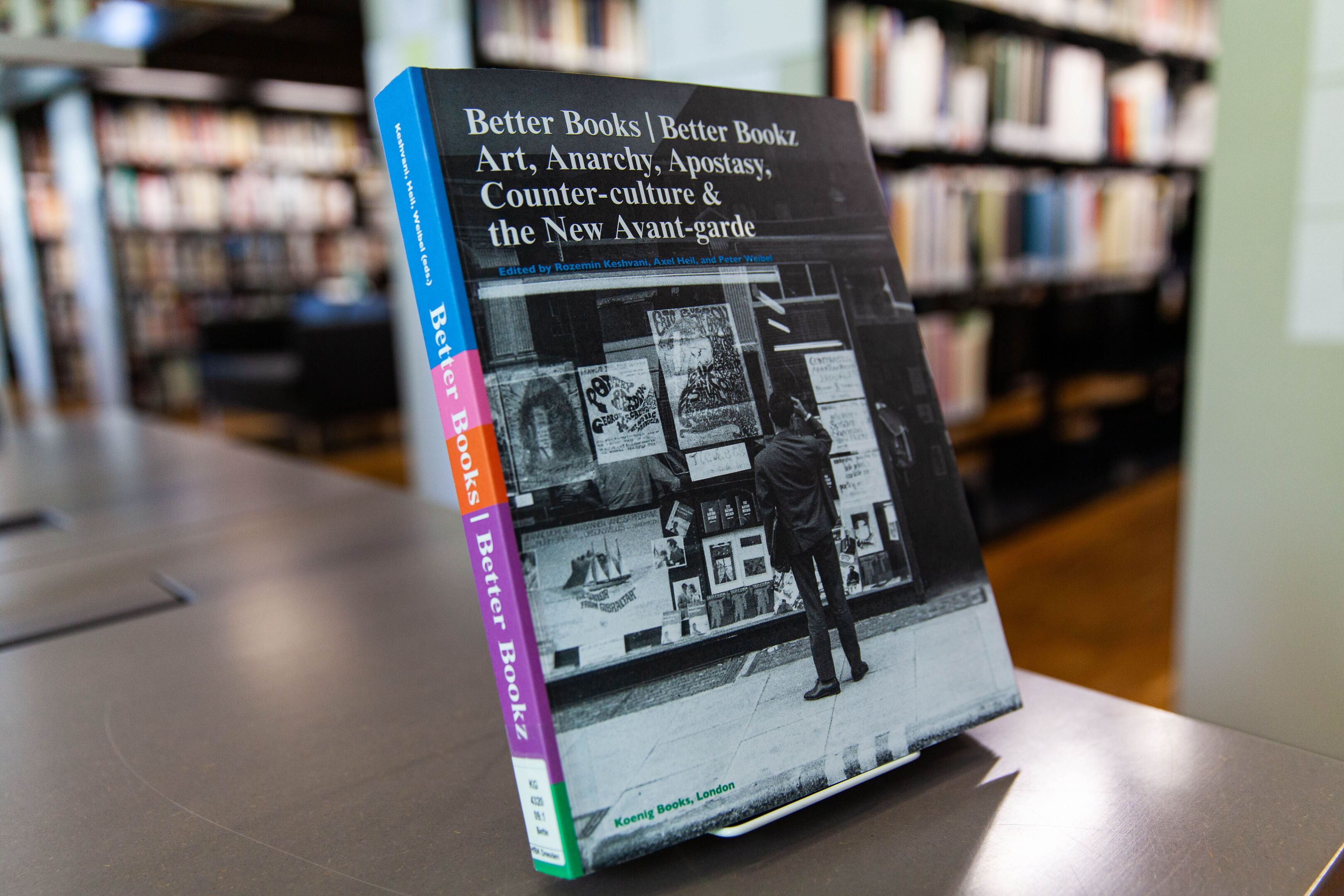Very quickly it became home to specialist bookshops, second-hand and antiquarian shops. An exchange of letters between New York based author Helene Hanff (1916-1997) and the staff of Marks & Co. at 84 Charing Cross Road published in 1970, made the road even more famous [1].
Coincidentally, the shop Better Books at 92-94 Charing Cross Road was also connected to an American affiliate. The store was founded in 1946 by Tony Goodwin (1919-1976). The Penguin editor Steven Hare (1950-2015) described him as “possessed of a certain instinctive genius” [2]. He quickly turned the shop into a hangout for London’s counter-culture comprising of a broad spectrum of artists, poets, writers, filmmakers and activists. He stocked poetry, art, philosophy and whatever else available in a way of avant-garde books, probably being the first to offer small press and mimeograph publications. Being close friends with the poet Lawrence Ferlinghetti (1919-2021) who ran the famous San Francisco City Lights bookstore, together they established a small press exchange, trading otherwise unavailable and banned books and pamphlets between them.
In a letter, an excited Goodwin wrote to his friend “Today we are going to open at last the paperback-coffee-shop, which is a crazy tour de force and I think it is going to knock them all for a loop. We are starting in the coffee shop a weekly series of Writers’ Nights where poets can hold readings, writers can read from work in progress and discuss it, and there can be discussions on literary themes and so forth. But all to a small audience of 40 […] John Calder, the publisher, is giving me a hand and I am recruiting people for dear life to help as 52 evenings in a year is a lot to arrange. So if you should show your nose in this country and they let you in, I shall certainly try to get you in there declaiming on of your plays” [3].
Better Books became a regular gathering point for writers of all sorts starting from beat to concrete. George Hay (1922-1997), Douglas Hill (1935-2007), John Brunner (1934-1995), Bill Butler (1934-1977), and Michael Moorcock (born 1939) would discuss science fiction. J.G. Ballard (1930-2009), William S. Burroughs (1914-1997), Heathcote Williams (1941-2017), David Medalla (1942-2020), and Gustav Metzger (1926-2017), to name just a few, were regulars at the shop.
In 1965 Goodwin sold the book shops and focussed entirely on publishing. Bob Cobbin (1920-2002) took over the management. As a central figure within British poetry and a prolific writer and performer interested in concrete poetry, visual texts and performances, he took the bookshops into a new direction allowing artists to develop their ideas freely and staging many happenings.
The entire history of the bookshop from its beginnings to its demise, alongside with many interviews by the protagonists was turned into an exhibition by Rozemin Keshvani and shown at ZKM | Center for Art and Media Karlsruhe in 2012-2013 and at the Trondheim kunstmuseum, in 2014. All traces were collected and compiled in a reader that was published in 2018, available in our library.
1 Hanff, Helene, 84, Charing Cross Road. Grossmann Publishers, New York, 1970
2 Steve Hare (ed.), Penguin Portrait : Allen Lane and the Penguin Editors 1935-1970, Penguin, London, 1995, p. 253. In this book p. 14
3 Ibid., p. 260. In this book, p. 18

